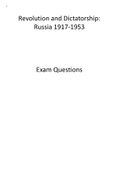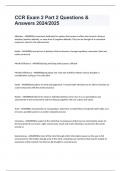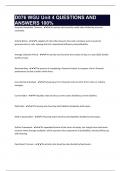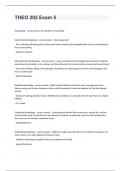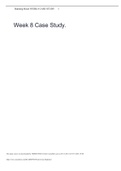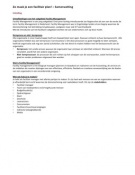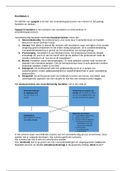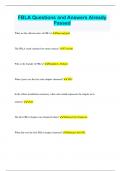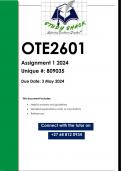Exam (elaborations)
AQA A level History Russia exam questions
- Course
- Institution
- Book
This is a booklet with practice exam questions for AQA history, Revolution and Dictatorship Russia . It contains 31 essay questions and 25 source questions and is perfect for exam practice which is vital for acing the exam! I've used this booklet and got A's and A* throughout my A levels for Histor...
[Show more]
